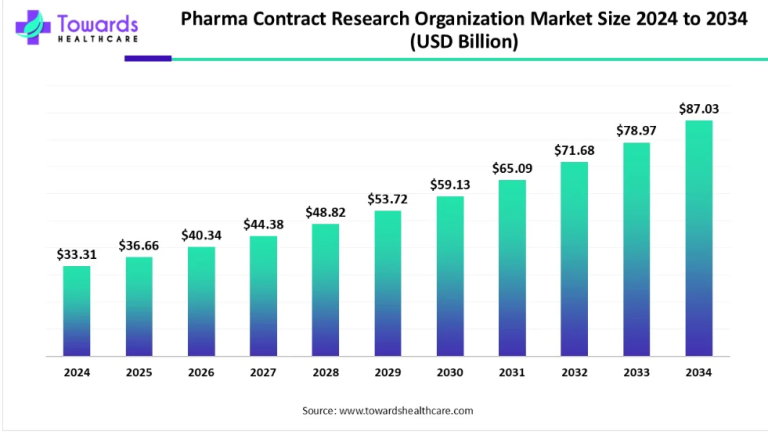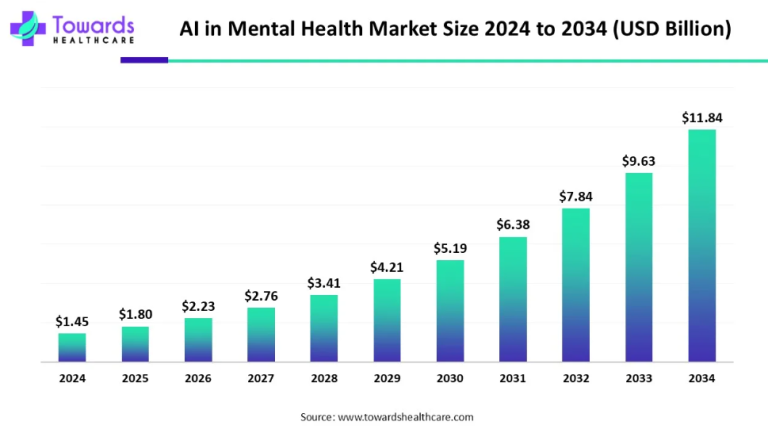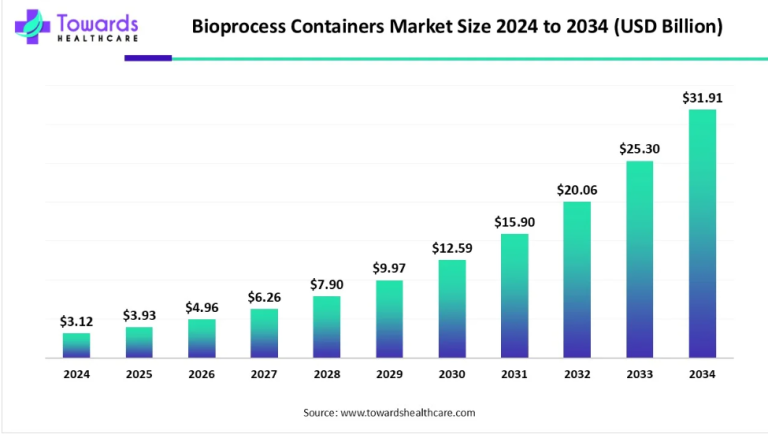
Newborn screening is a crucial process that involves testing babies for certain genetic, metabolic, and congenital disorders shortly after birth. With the prevalence of newborns increasing, the demand for newborn screening has also risen significantly. This is because early detection and intervention can greatly improve the health outcomes for newborns and prevent serious health complications later in life.
The Global Impact of Newborn Screening
In February 2023, the World Health Organization (WHO) released data highlighting the alarming rate of infant mortality attributed to congenital diseases. Annually, approximately 240,000 infants worldwide succumb to these disorders within 28 days of birth. Among children aged between 1 month and five years, congenital disorders account for roughly 170,000 deaths, underscoring the urgent need for effective screening programs.
Prevalence of Congenital Heart Disease
According to the Indian Pediatric Academy’s data in 2024, over 200,000 children are born with congenital heart disease each year. This staggering statistic emphasizes the necessity of early detection and intervention strategies to mitigate the impact of such conditions on infant health.
For any queries, feel free to reach us @ https://www.towardshealthcare.com/personalized-scope/5128
Critical Importance of Early Detection
Newborn screening typically involves a straightforward blood test, often administered by pricking the baby’s heel to collect a small sample. Despite its simplicity, this test plays a pivotal role in identifying abnormalities in the baby’s metabolism or genetic makeup.
Conditions Screened Through Newborn Screening
Newborn screening programs target a spectrum of conditions, including but not limited to phenylketonuria (PKU), congenital hypothyroidism, cystic fibrosis, sickle cell disease, and various metabolic disorders. While these disorders may not manifest symptoms at birth, early detection enables healthcare providers to initiate prompt interventions, such as dietary modifications or medications, to prevent long-term complications.
Statistical Insights
In 2021, Baby’sfirstTest.org, supported by the US Health Resources and Services Administration (HRSA), estimated that two out of every 1,000 babies born annually in the US are affected by critical congenital heart diseases. These figures underscore the pervasive nature of congenital disorders and the imperative need for widespread screening initiatives.
Regional Variations in Incidence Rates
The incidence of congenital diseases varies globally, with reports indicating significant prevalence rates in different regions. For instance, in 2023, congenital hypothyroidism affected 2.1 out of every 1,000 infants in India, while inborn metabolic abnormalities ranged from 2-7.8%. These statistics underscore the necessity of region-specific screening programs tailored to address prevalent disorders effectively.
Public Health Implications
Beyond individual health benefits, newborn screening carries profound implications for public health. By identifying infants with genetic or metabolic disorders, healthcare providers can implement preventive measures to curtail the spread of these conditions within communities, thereby reducing the overall burden on healthcare systems.
Ensuring a Promising Start in Life
In summary, newborn screening serves as a cornerstone in promoting the health and well-being of infants worldwide. By facilitating early detection and intervention, these programs offer every newborn the opportunity for a healthy and promising start in life.
Unlock Infinite Advantages: Subscribe to Annual Membership
To own our premium study instantly, click here @ https://www.towardshealthcare.com/price/5128
Read More About Newborn Screening Industry:



